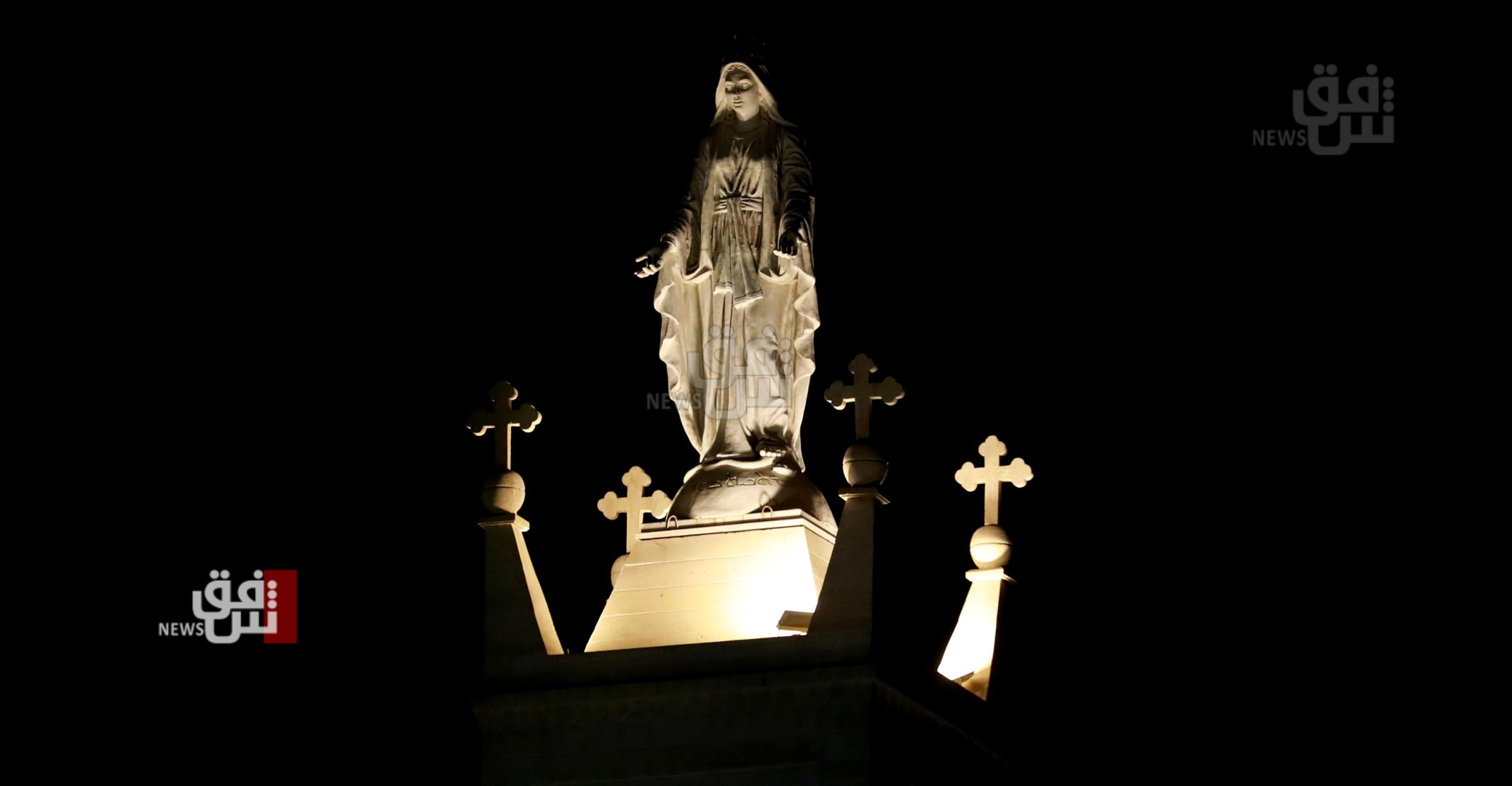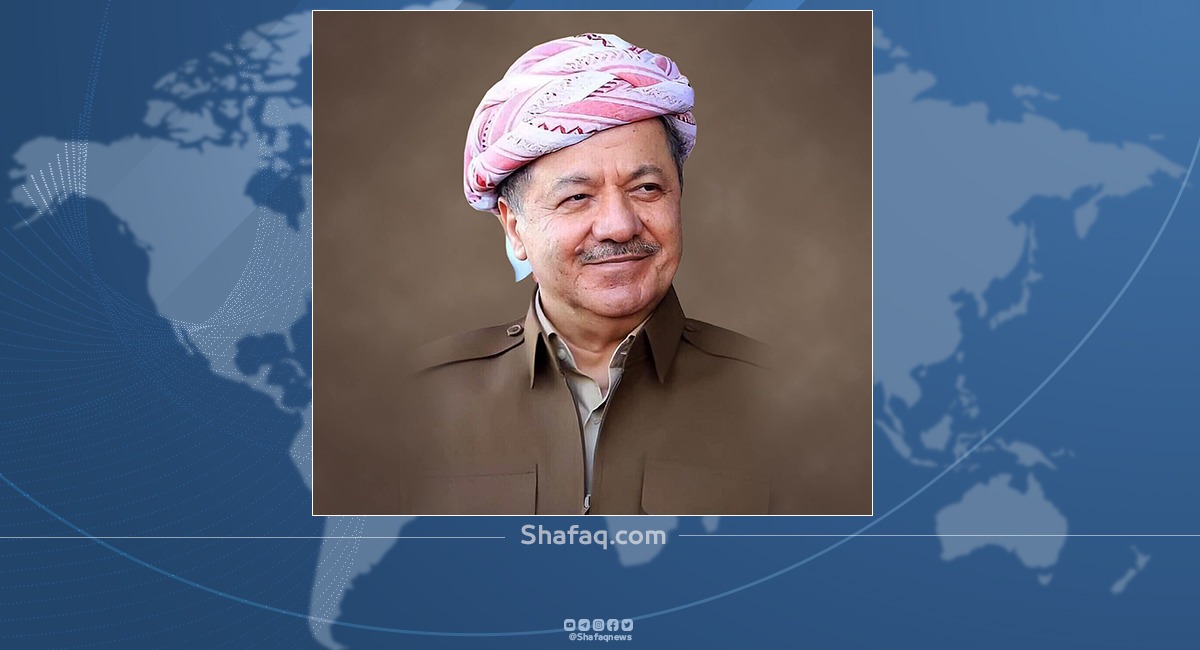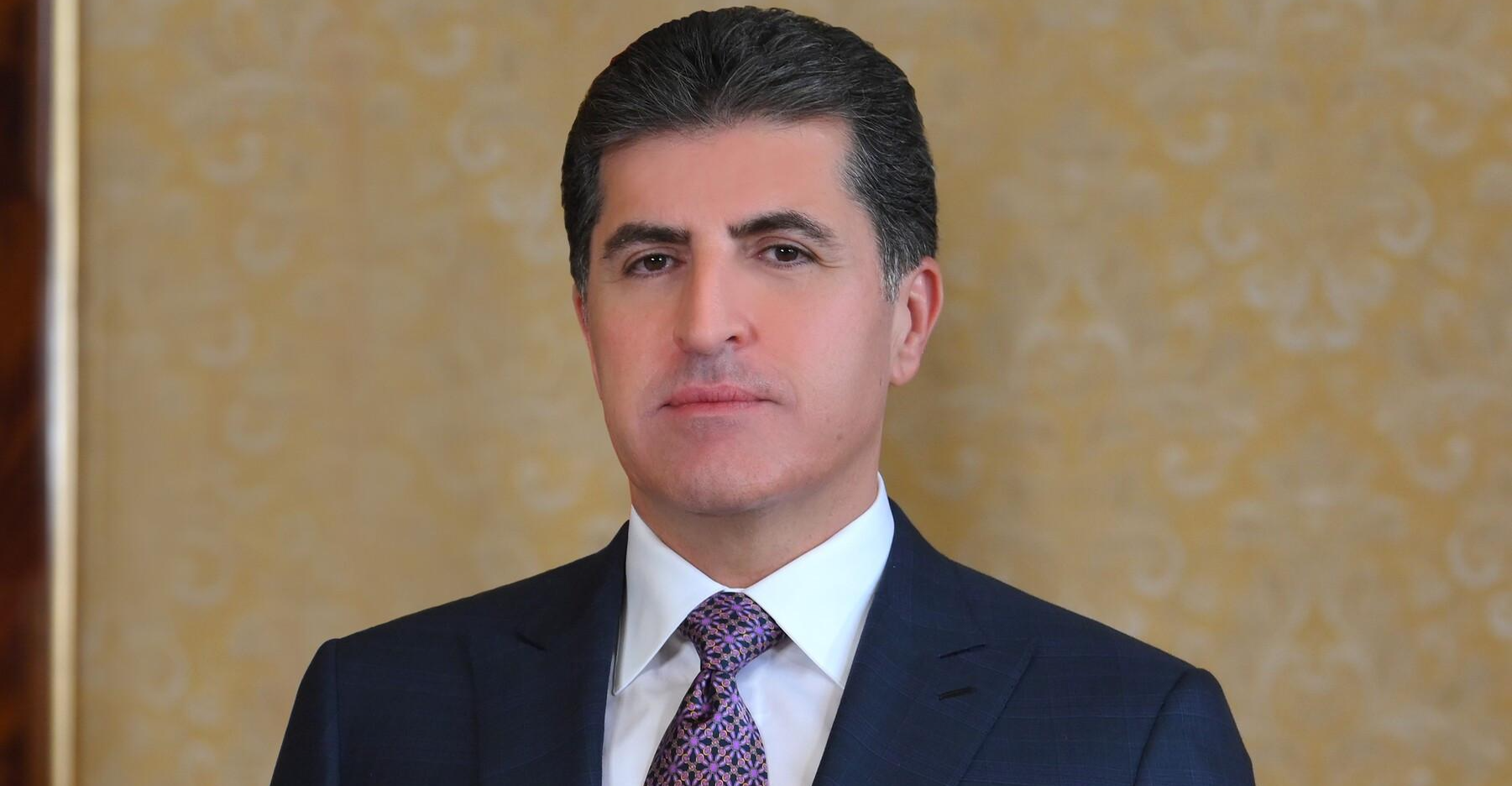Iraq mobilizes aid for Lebanon amid Israeli offensive, facing domestic criticism

Shafaq News/ Iraq's government has mobilizedefforts to provide humanitarian aid to Lebanon as Israeli strikes continue fora fifth consecutive day. Baghdad has also announced measures to ease the entryof Lebanese refugees and provide them with necessary support.
The Israeli offensive, which began on Monday, hasresulted in the deaths of 726 people and injured over 2,173, according toLebanese authorities. This brings the total death toll to 1,565 sincehostilities between Israeli forces and Hezbollah erupted in October. Over 5,400people have been injured during this period.
Lebanon's government reported that as ofThursday, the conflict has displaced over 77,100 people, adding further strainto the country’s already fragile situation.
While Iraq’s support for Lebanon has beenwelcomed by many, some observers accuse the government of a “double standard”in its handling of domestic issues. Critics argue that Iraq’s internallydisplaced persons (IDPs) continue to endure harsh conditions in camps withoutadequate government assistance. This has led to rising discontent over thegovernment's priorities, with calls for greater focus on the plight of Iraq’sown displaced population.
The United Nations High Commissioner for Refugees(UNHCR) announced on Friday that more than 30,000 people, mostly Syrians, havecrossed from Lebanon into Syria in the past three days, as the conflict betweenIsrael and Lebanon intensifies.
Iraq was among the first to provide support toLebanon following the Israeli offensive, according to Haider Majeed, spokesmanfor the General Secretariat of the Iraqi government.
Majeed told Shafaq News Agency that "theIraqi government, under the direction of the Prime Minister, has mobilized allits efforts to deliver aid to Lebanon. As part of this, the Ministry of Healthhas sent 15 tons of medical supplies and 20 doctors with different specialties.Similar shipments have been sent by the Popular Mobilization Forces (PMF) andthe Iraqi Red Crescent."
He added, "The Iraqi Air Force has carriedout five air missions in direct coordination with the Joint Operations Command,delivering 75 tons of medical, therapeutic, and relief supplies. These weredivided into two shipments for the Ministry of Health, three for the PMF, andone for the Red Crescent."
Majeed also noted that a call from Iraq's topreligious authority, represented by Grand Ayatollah Ali al-Sistani, to assistthe Lebanese people has sparked a nationwide popular effort. Religiousendowments, including the holy shrines of Imam Hussein and Al-Abbas in Karbala,and Al-Kadhim in Baghdad, along with other religious institutions, have openedoffices in all governorates to collect donations for Lebanon.
Iraq’s Ministry of Health has extended aninvitation to its Lebanese counterpart to send wounded individuals fortreatment in Iraq. According to Haider Majeed, spokesman for the GeneralSecretariat of the Council of Ministers, the first group of Lebanese casualtieswas received by the Karbala-based Imam Hussein Shrine on Thursday.
In addition to providing aid, Iraq has also takensteps to ease the entry of Lebanese refugees. Majeed noted that "thegovernment has instructed relevant authorities to exempt Lebanese nationalscurrently in Iraq from residency fees and fines for overstaying. Furthermore,all land and air border crossings have been directed to facilitate their entryinto Iraq."
The Iraqi Red Crescent has also prepared fourreception centers for Lebanese refugees at the Al-Qaim border crossing withSyria. Ghassan Thuwaini, the Red Crescent's media officer, said the centers areequipped with rest stations, four mobile hospitals, and 20 ambulances.
“These reception centers consist of tents thatcan accommodate up to 300 people and are designed to provide immediate servicesfor a day or two before refugees are transported to various Iraqi provinces,”Thuwaini told Shafaq News. He added, “The Red Crescent’s role is to offermedical and emergency services at the border areas, as well as logisticalsupport, including food, relief supplies, and other essential items for thetransportation of refugees.”
Political analyst Saif al-Saadi expressedconcerns about the Iraqi government's priorities. "We are not against theLebanese people," he told Shafaq News, "but the priority should begiven to the Iraqi people—our displaced and impoverished citizens. This is notonly a natural obligation but also a constitutional one. The Iraqi governmentshould first ensure housing, livelihoods, and a dignified life for thedisplaced Iraqis in Kurdistan, Amiriya Fallujah, and places like Jurf al-Sakhr,Yathrib, and Aziz Balad, where many remain displaced."
Al-Saadi added, "The Iraqi government'sdecision to prioritize the displaced from Lebanon and create favorableconditions for Lebanese workers, as noted by Labor Minister Ahmed al-Asadi,comes at a time when millions of Iraqis are unemployed and struggling to findwork. Despite repeated protests calling for jobs, no substantial employmentopportunities have been created for them."
He criticized what he called a "clear doublestandard" in the treatment of Lebanese refugees. "When people fromwestern Iraq were displaced, the doors were closed on them at Bzebiz and Saqourcheckpoints. Strict measures were imposed, and they received no assistanceexcept from international organizations or relied on their own resources. Manywere even exploited through raised housing costs."
"There is evident regional influence onIraq's political actors in accepting a particular group aligned with a specificsect and ideology, which reflects the selective approach to governance inIraq," he continued. "This approach contradicts Article 14 of the constitution,which guarantees equality before the law for all Iraqis, regardless of gender,social status, economic situation, religion, or sect."
The conflict in southern Lebanon escalated onMonday, September 24, when the Israeli military launched missile strikes andair raids targeting Hezbollah leaders and positions. The attacks soon expandedto residential areas, resulting in hundreds of deaths and thousands ofinjuries.
In response, Hezbollah carried out missilestrikes against Israeli military targets. The exchange of attacks has continuedfor five consecutive days.




